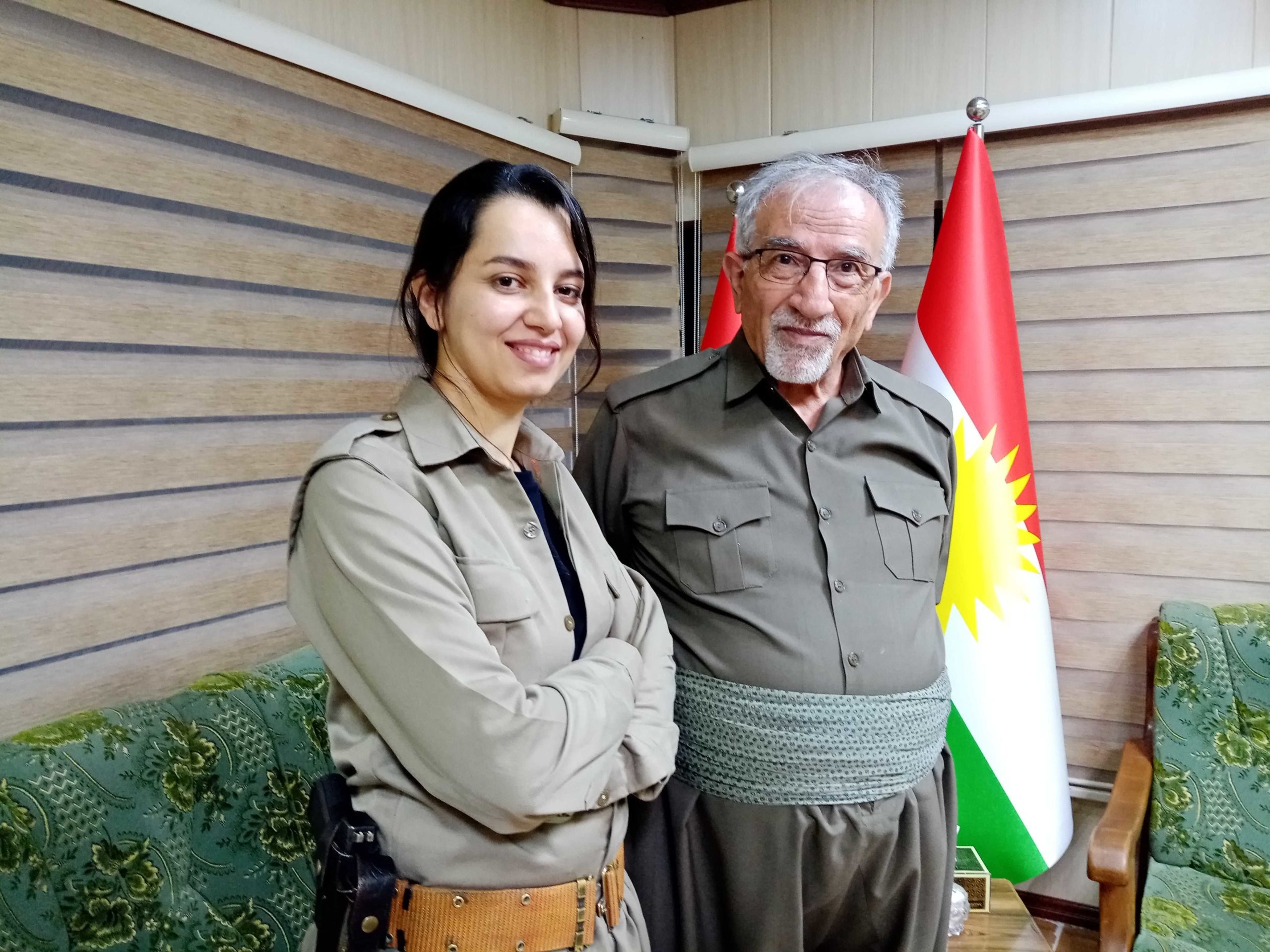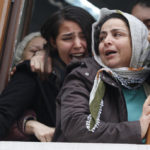KOMALA Party of Iranian Kurdistan deputy leader Siamak Modarresi urged the world not to forget about the plight of the Kurds in Iran in an exclusive interview with the Morning Star on Thursday evening.
Speaking from a peshmerga training base on the outskirts of Slemani in Iraqi Kurdistan, he said that the situation inside Iran was desperate, with the theocratic regime escalating its persecution of Kurds, who are targeted for arrest and execution.
“Many people know about the struggle of the Kurds in Iraq and Rojava [northern Syria], but Kurds in Iran have paid a heavy price in their struggle for freedom and the right to practice their own culture, speak their own language,” he said.
Komala was founded in 1969 by students and intellectuals as the Society of Revolutionary Toilers of Iranian Kurdistan.
It suffered years of persecution, jailing and the killing of its activists, but built a strong and resilient network mainly in Iran’s northern Kurdish region known as Rojhilat.
“We were seen as a threat to the clerical regime after 1979 because what we were building here, a federal Kurdistan with equal rights for women was the opposite of what they were imposing on the rest of Iran,” he said. “At that time Kurdish Iran was a paradise island in hell.”
Starting out as a Marxist organisation, the party has gone through a number of changes, refounding itself in 2000.
It is part of the Progressive Alliance, an international grouping of mainly social democratic parties, including the Labour Party and Germany’s Social Democratic Party (SDP).
Kawsar Fattahi, a female peshmerga commander, said that Komala’s commitment to women’s rights was important, especially in Iran where they are treated “as second-class citizens.”
She had served on the front line against Isis in Kirkuk during the most intense period of fighting in 2014, with Komala peshmerga forces playing a crucial role.
“I had to leave after two weeks because fighters from other parties felt uncomfortable that they had to share their space with a woman.
“They were so surprised to see me, asking me for selfies in the middle of a battle,” she said, laughing at the absurdity of the situation.
But she said being political was not an option being a Kurd in Iran, but was a necessary part of the struggle for survival and basic rights.
Source: Morning Star



